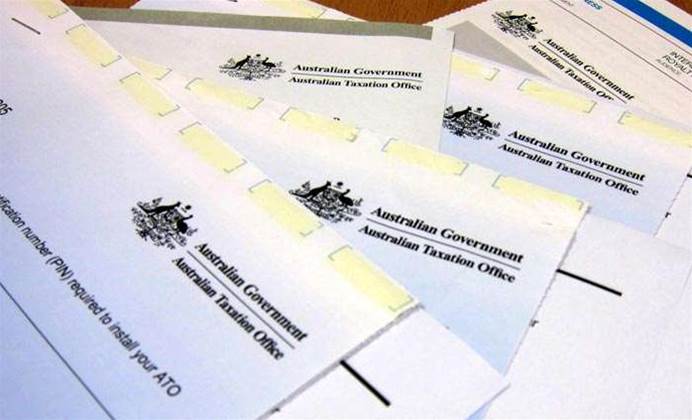ATO commissioner Chris Jordan has questioned claims made by Apple, Google and Microsoft about their tax arrangements, saying he doesn't take their recent evidence to a senate inquiry at "face value".

Jordan fronted the senate committee investigating corporate tax avoidance today following appearances by Microsoft, Google and Apple earlier this month.
He said while he would not use the term 'misleading' to describe the companies' testimonies, "we do take issue and dispute some of the comments that have been made".
Apple repeatedly told the committee all revenue from its Australian sales was recorded - and taxed - on its Australian books.
"We purchase our products on an arms-length basis from affiliates, we book all the costs in Apple Australia's books, we declare all of our income in accordance with Australian tax law, and we pay all taxes that we owe," Apple A/NZ MD Tony King said at the time.
"No offshore billing, no corporate debt, no fancy hybrid scheme, a very simple business model."
The company reportedly shifted $9 billion in Australia profits to its Irish parent in the ten years prior to 2013, thanks to a pattern of increasing mark-ups on products sold to Apple Australia via its Irish parent company.
King denied suggestions at the time Apple was inflating the transfer price of goods to a point where it could lower gross profit to minimise taxable income.
Jordan today said the ATO contested Apple's statement, and was investigating the company over billions in revenue its international subsidiaries made on products sold in Australia.
"The ATO audit is contesting whether these affiliate sales are in fact struck at an appropriate price," Jordan told the committee.
In regards to Microsoft - which alongside Google admitted to sending most of its local revenue offshore to the lower-taxing Singapore - Jordan said the ATO was trying to ascertain whether the revenue breakout detailed by the software company ($2 billion moved to Singapore, $100 million remaining in Australia) was an appropriate split.
"We further understand that much of this Singapore profit paid out as technology fees ends up in Microsoft Bermuda," he said.
Jordan also took issue with Google's claim that it books and taxes its Australian advertising revenue in Singapore - he said the ATO believed most of Google's local profits ended up in tax haven Bermuda.
"Whilst it is true that some tax is paid in Singapore, we believe it is a very small amount, as the revenue booked in Singapore is moved to [Bermuda] through a series of licencing fee payments," he said.
"This means the majority of profits made in Australia end up in Bermuda where no tax is paid."
The three technology companies are expected to appear again before the committee in the coming weeks.


_(23).jpg&h=140&w=231&c=1&s=0)
_(20).jpg&h=140&w=231&c=1&s=0)






_(26).jpg&w=100&c=1&s=0)
 iTnews Executive Retreat - Security Leaders Edition
iTnews Executive Retreat - Security Leaders Edition












_(1).jpg&h=140&w=231&c=1&s=0)



